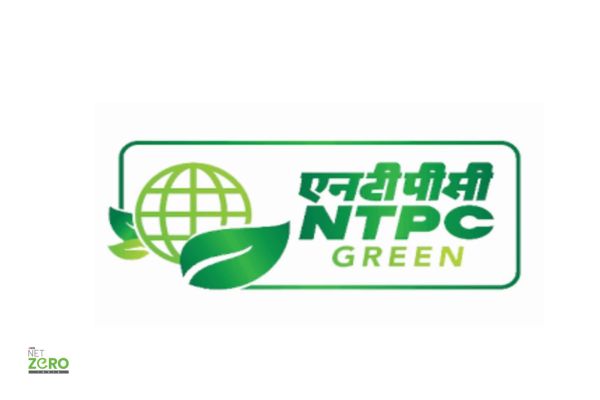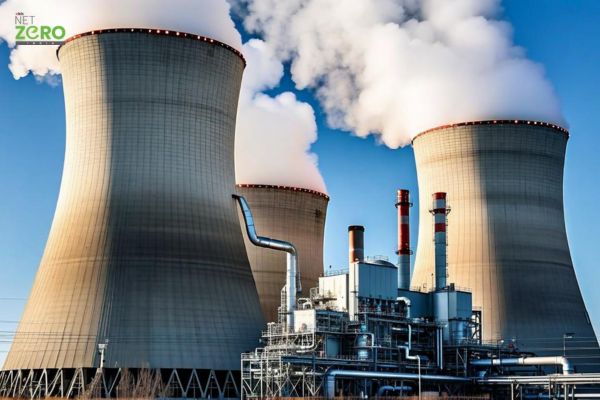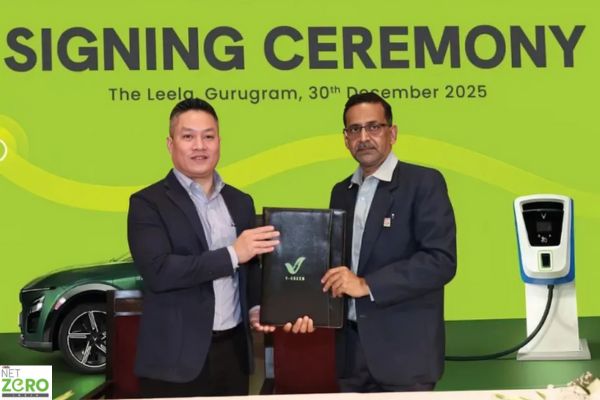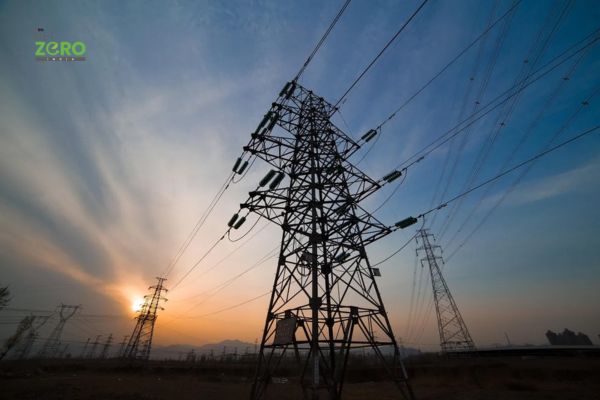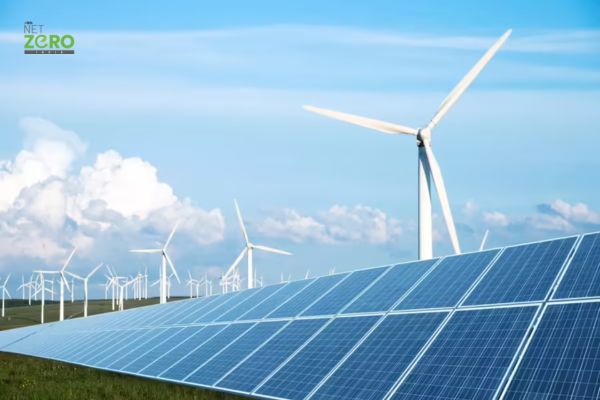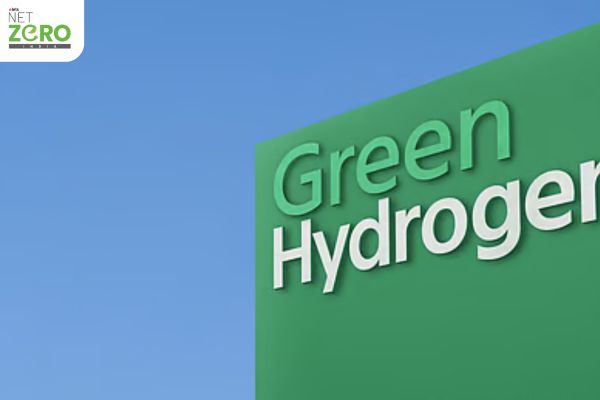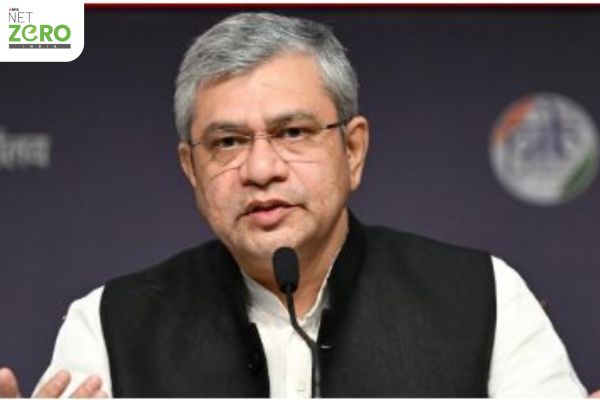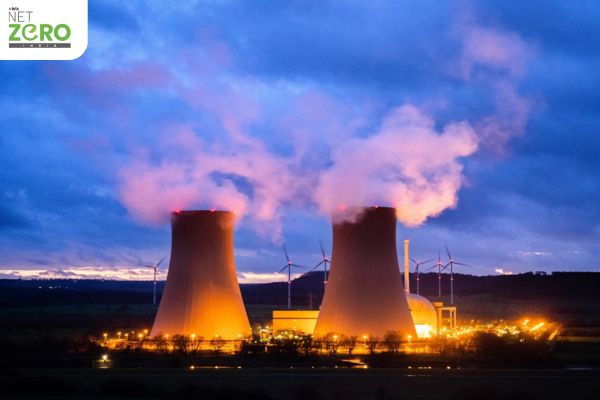
A government panel, constituted by the Ministry of Power in February 2025, has proposed a roadmap to raise India’s nuclear capacity from 8.88 GW to 100 GW by 2047, boosting its clean energy goals. The committee’s recommendations highlight the need for extensive policy, financial, and regulatory reforms to accelerate growth in the sector, which currently accounts for just over 2% of India’s total installed power capacity.
According to the report, reaching the 100 GW target will require an estimated investment of ₹19 lakh crore over the next two decades. The panel has called for legislative amendments to the Atomic Energy Act, 1962, and the Civil Liability for Nuclear Damage Act, 2010, to enable greater participation from private and state-level entities. These changes aim to address investor concerns around liability risks and unlock opportunities for joint ventures between public and private players.
The committee noted that nuclear projects in India currently face long development timelines, with pre-project activities alone taking up to six years and total commissioning stretching to more than a decade. It has recommended measures to streamline regulatory approvals, strengthen the Atomic Energy Regulatory Board’s oversight, and fast-track land acquisition and pre-construction work.
Fuel security remains a critical concern, as domestic uranium production currently meets the needs of only about 2.4 GW of capacity, with the rest sourced through imports. The report pointed out that locally mined uranium costs three to four times more than global prices due to lower ore quality and limited processing scale. To address this, the panel suggested equity infusion in Uranium Corporation of India Ltd (UCIL) and expansion of mining and conversion operations to enhance self-sufficiency.
Also Read: PM Modi unveils Ambitious Plan: 10 New Nuclear Reactors, Tenfold Energy Capacity Boost by 2047
The government’s nuclear expansion plan has already drawn interest from both public and private players. NTPC, in collaboration with NPCIL, is developing a ₹42,000 crore nuclear project in Rajasthan. The Jindal Group has announced plans to add up to 18 GW of nuclear capacity over the next twenty years, while Tata Power has indicated its intent to explore nuclear generation as part of its clean energy portfolio.
Experts believe that a strong nuclear programme will be essential for balancing India’s renewable energy mix, providing stable baseload power to complement solar and wind generation. If implemented effectively, the committee’s recommendations could position India among the world’s leading nuclear energy producers by 2047, strengthening energy security, boosting indigenous capability, and advancing the national Net Zero 2070 target.
Be a part of Elets Collaborative Initiatives. Join Us for Upcoming Events and explore business opportunities. Like us on Facebook , connect with us on LinkedIn and follow us on Twitter, Instagram.
"Exciting news! Elets technomedia is now on WhatsApp Channels Subscribe today by clicking the link and stay updated with the latest insights!" Click here!




